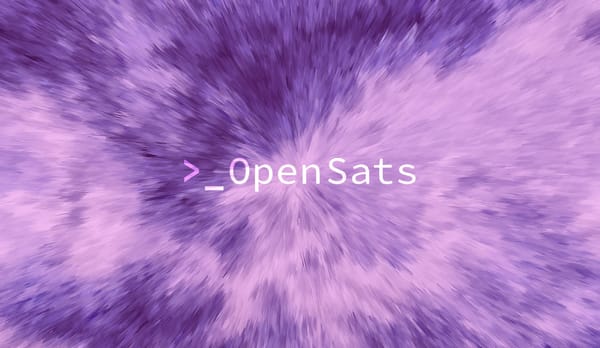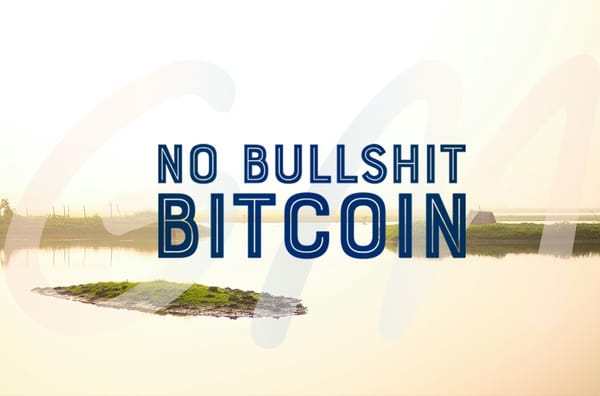Tether Holds Firm on Decision Not To Freeze Tornado Cash Addresses, Awaits Law Enforcement Instruction

- OFAC has not indicated that a stablecoin issuer is expected to freeze secondary market addresses that are published on OFAC’s SDN List or that are operated by persons and entities that have been sanctioned by OFAC. Further, no US law enforcement agency or regulator has made such a request despite our near daily contact with US law enforcement whose requests always provide precise details.
- Unilaterally freezing secondary market addresses could be a highly disruptive and reckless move by Tether. Even if Tether recognizes suspicious activities on such an address, completing a freeze without the verified instruction of law enforcement and other government agencies might interfere with ongoing and sophisticated law enforcement investigations.
- We’d like to note that other digital asset providers, for example Paxos, a NY-regulated stablecoin that issues BUSD and USDp, and accounting for ~$20B of the total cryptocurrency market capitalization, haven’t frozen Tornado Cash wallets.
- We believe that, if made without instructions from US authorities, the move by USDC to blacklist Tornado Cash smart contracts was premature and might have jeopardized the work of other regulators and law enforcement agencies around the world.
- It should also be noted that DAI, an algorithmic stablecoin that accounts 36% of its reserves in USDc (around 3.4B USD) also didn’t proceed with any freeze.
https://tether.to/en/tether-holds-firm-on-decision-not-to-freeze-tornado-cash-addresses-awaits-law-enforcement-instruction/
archive: https://archive.ph/pFTJ3





